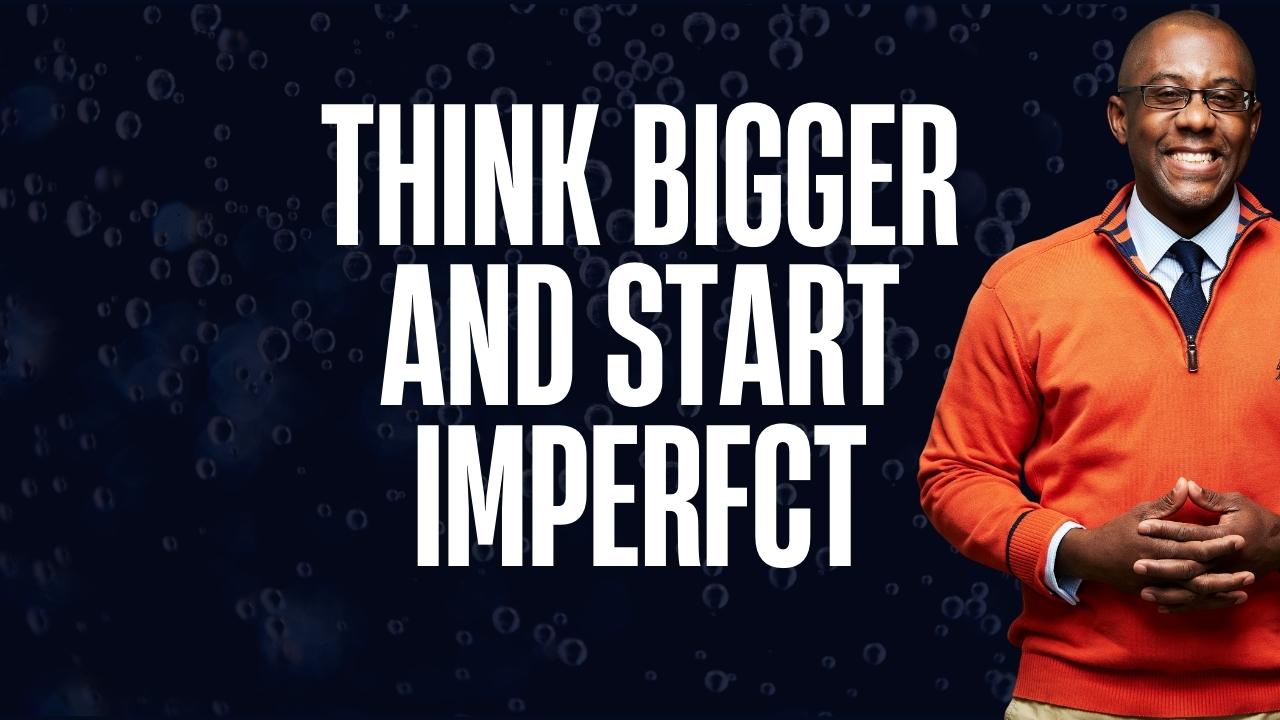Rarely do you hear that a leader apologizes. I know the good ones do, like my friend Scott Simons, president of CMA Valley car dealerships and others. Recently Eric Schmidt former President of Google said that because of work-from-home policies, Google lost it’s edge in AI. He said, ““Google decided that work-life balance and going home early and working from home was more important than winning,”” Maybe this is true and maybe it’s not. But the POINT is that he apologized for his comment.
As a small business owner or entrepreneur, you’re used to being in charge. You make the tough calls, steer the ship, and bear the responsibility for your company’s success. But here’s a truth that might surprise you: one of the most powerful tools in your leadership arsenal is the ability to apologize.
The Myth of Infallibility
There’s a common misconception that leaders must always appear strong, decisive, and infallible. After all, isn’t that what instills confidence in your team?
Not quite.
In reality, pretending to be always right can erode trust, stifle innovation, and create a culture of fear. When leaders refuse to acknowledge mistakes, they’re not fooling anyone – they’re just building walls between themselves and their team.
The Strength in Vulnerability
Contrary to popular belief, admitting when you’re wrong doesn’t make you look weak. It makes you look human. And in today’s business world, authenticity and vulnerability are highly valued traits.
Here’s why apologizing can actually strengthen your leadership:
- It builds trust: When you admit mistakes, you show your team that you value honesty over ego. This fosters an environment of trust and open communication.
- It sets an example: If you can admit when you’re wrong, your employees will feel more comfortable doing the same. This creates a culture of accountability and continuous improvement.
- It encourages innovation: When people aren’t afraid of making mistakes, they’re more likely to take risks and propose new ideas.
- It resolves conflicts faster: Holding onto being “right” often prolongs disagreements. A sincere apology can quickly defuse tensions and get everyone back on track.
- It demonstrates emotional intelligence: The ability to recognize and manage your own emotions is a key leadership skill. Apologizing shows high EQ in action.
How to Apologize Effectively
Of course, not all apologies are created equal. Here are some tips for apologizing effectively:
- Be specific about what you’re apologizing for
- Take full responsibility without making excuses
- Explain how you’ll prevent similar mistakes in the future
- Make amends if necessary
The Bottom Line
Remember, leadership isn’t about being perfect. It’s about creating an environment where your team can do their best work. By embracing the power of apology, you’re not showing weakness – you’re demonstrating the strength and wisdom it takes to be a truly great leader.
So the next time you make a mistake (and you will, because we all do), take a deep breath and say those magic words: “I’m sorry. I was wrong.” Your team – and your business – will be better for it.The Power of Apology: Why Great Leaders Say “I’m Sorry”
As a small business owner or entrepreneur, you’re used to being in charge. You make the tough calls, steer the ship, and bear the responsibility for your company’s success. But here’s a truth that might surprise you: one of the most powerful tools in your leadership arsenal is the ability to apologize.
The Myth of Infallibility
There’s a common misconception that leaders must always appear strong, decisive, and infallible. After all, isn’t that what instills confidence in your team?
Not quite.
In reality, pretending to be always right can erode trust, stifle innovation, and create a culture of fear. When leaders refuse to acknowledge mistakes, they’re not fooling anyone – they’re just building walls between themselves and their team.
The Strength in Vulnerability
Contrary to popular belief, admitting when you’re wrong doesn’t make you look weak. It makes you look human. And in today’s business world, authenticity and vulnerability are highly valued traits.
Here’s why apologizing can actually strengthen your leadership:
- It builds trust: When you admit mistakes, you show your team that you value honesty over ego. This fosters an environment of trust and open communication.
- It sets an example: If you can admit when you’re wrong, your employees will feel more comfortable doing the same. This creates a culture of accountability and continuous improvement.
- It encourages innovation: When people aren’t afraid of making mistakes, they’re more likely to take risks and propose new ideas.
- It resolves conflicts faster: Holding onto being “right” often prolongs disagreements. A sincere apology can quickly defuse tensions and get everyone back on track.
- It demonstrates emotional intelligence: The ability to recognize and manage your own emotions is a key leadership skill. Apologizing shows high EQ in action.
How to Apologize Effectively
Of course, not all apologies are created equal. Here are some tips for apologizing effectively:
- Be specific about what you’re apologizing for
- Take full responsibility without making excuses
- Explain how you’ll prevent similar mistakes in the future
- Make amends if necessary
The Bottom Line
Remember, leadership isn’t about being perfect. It’s about creating an environment where your team can do their best work. By embracing the power of apology, you’re not showing weakness – you’re demonstrating the strength and wisdom it takes to be a truly great leader.
So the next time you make a mistake (and you will, because we all do), take a deep breath and say those magic words: “I’m sorry. I was wrong.” Your team – and your business – will be better for it.
Related articles:
How to Reply to Customer Complaints: A Guide for Business Success(Opens in a new browser tab)
A Great Brand Has a Great Story. Vulnerability Is One Key Element.(Opens in a new browser tab)
How Saying “I Don’t Know” Can Create Trust(Opens in a new browser tab)











